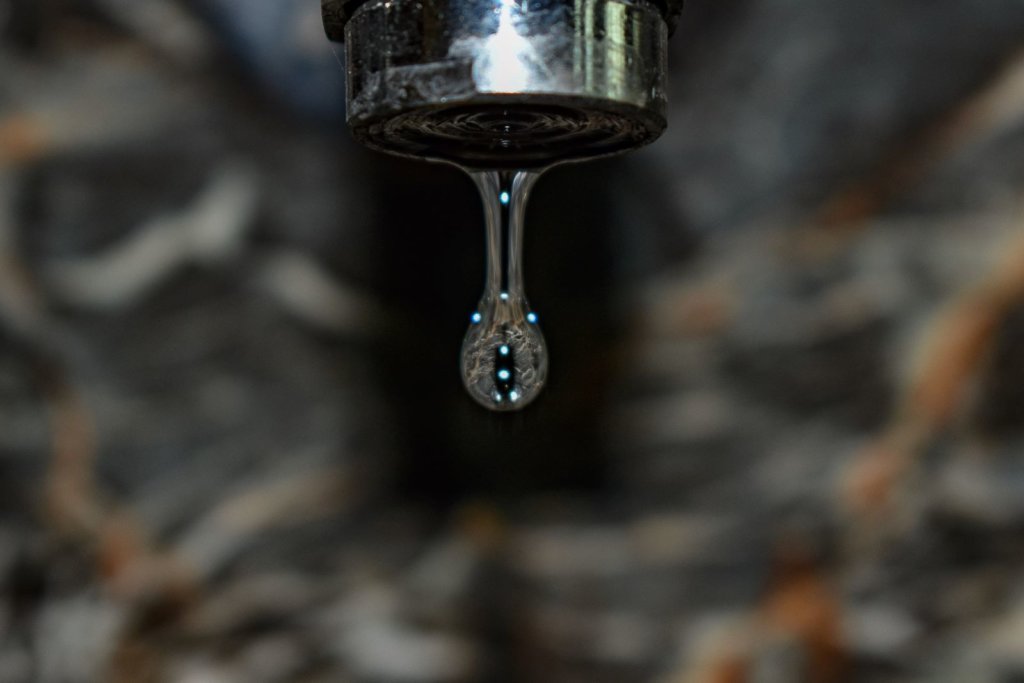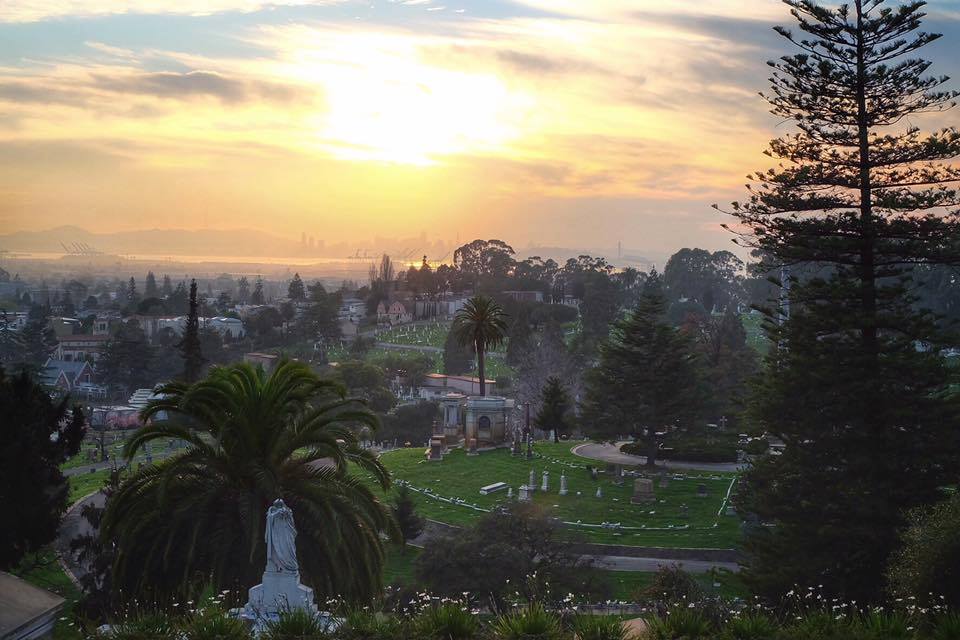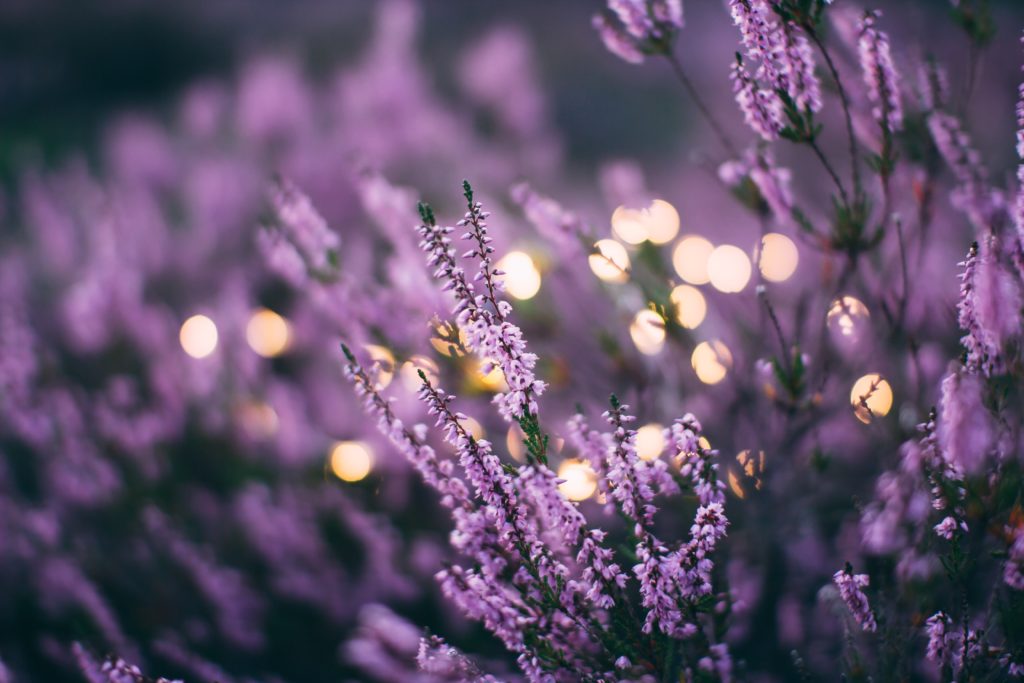I keep thinking about boundaries both because of what’s happening in my personal life and also in the world.
This week a woman told me I need better boundaries. Even thinking about her comment I notice anger rising up in me because I want to say, “Screw you lady! You have NO IDEA how much work I’ve done around boundaries!” which is true. I’ve come a long way. It’s not that I was ever a doormat, but it’s fair to say I wasn’t far removed from one. I often said “yes” when I wanted to say “no” because it was easier to acquiesce to someone else than stand up for myself. It was easier to sacrifice my needs and wants to keep the peace.
However, there comes a point where if your mouth doesn’t say no, your body will. Maybe you’ll get sick and that will give you an excuse to skip the party you originally said you’d attend. Or you could develop a more serious health condition. That’s the whole premise of the book When the Body Says No by Dr. Gabor Maté. He makes the case that stress and emotions play a role in diseases such as arthritis, cancer, diabetes, heart disease, irritable bowel syndrome, and multiple sclerosis. I certainly found his premise to be true with me. Because I overextended myself, my body eventually said, “Nope. Can’t do it anymore!” These days I’m more cautious with how I spend my energy.
Am I still learning about boundaries? Yes. Do I still regularly give more of myself than is wise for my body? Yes. But that’s OK because boundaries happen in degrees. They are learned and practiced – they’re not a switch that get turned on or off. They’re more like a faucet that can run at full power or at a trickle.

Boundaries can run at a trickle or full blast. Photo by Mukesh Sharma on Unsplash
That reminder about boundaries operating in degrees seems relevant right now as the U.S. celebrates Labor Day. The holiday came about because in the late 1800s, the average person worked 12-hour days, seven days a week. Not only adults, but children as young as 5 worked in mills, factories, and mines. On top of that, working conditions were not safe, there was insufficient access to fresh air, and limited sanitary facilities and breaks. People started protesting and were killed by the police during those protests, but eventually the unions were successful and working conditions changed.
We have a lot to be grateful for this Labor Day, and at the same time, there’s still room for improvement. For instance, last year the news reported Amazon workers were peeing in bottles because they were scared to take bathroom breaks. And they’re not the only one: Tyson Foods workers admitted to being denied bathroom breaks or mocked for even asking, according to an Oxfam report. The result? Many Tyson workers wore adult diapers to work.
I don’t mention these two examples purely to horrify you but rather to ask how much do you value your own life and the lives of others? Enough to change your shopping habits? I have. For the past few years, I’ve boycotted Amazon – not perfectly because there are some things only Amazon sells, but where possible I spend my money elsewhere. And look, I know they’re super convenient, but every little bit helps – canceling a Prime membership, looking further afield for purchases – it all adds up. What would our world look like if collectively we said, “No, it’s not OK to treat people like robots, to risk their lives, and deny them dignity”? If history is any indication, not only can it be done, but it also makes life better for everyone, as evidenced by those of us in the U.S. celebrating a three-day weekend.
I dream of a world where we set and maintain boundaries. A world where we understand the importance of saying no. A world where we realize boundary setting happens in degrees. A world where we celebrate what we’ve accomplished and recognize we also may have more room to grow.
Another world is not only possible, it’s probable.
“People have a need for meaning and for belonging,” Dr. Gabor Maté writes. “But this society defines the value of a human being by how much they can either produce or consume. For all our talk about human values, we don’t really value humans for who they are. We value them for what they either give or purchase.”
I’ve been thinking about Maté’s quote a lot lately. In my post last week, “We Can Do Better than This,” I mentioned one of the plights of capitalism: homelessness. The underlying sentiment is if a person is poor, or mentally ill, or physically incapacitated, or old, they have no value. They can neither produce or consume anything so they are shunted off to the side where we don’t have to think about them. However, I would like to point out it’s not only certain segments of society who are harmed by the notion of what is valuable, it’s all of us.
On Tuesday, my dear friend Amal called me up and asked if I’d like to go to the Chapel of the Chimes, which is a crematory and columbarium. Afterward, we walked through the adjacent cemetery and watched the sunset. Seeing the sun set over the bay, I felt like crying because this, this, is what life is really about – not checking off my to-do list, not producing content, not building up my following on social media.

The sunset I mentioned. Photo credit Amal.
In our materialistic society, I absolutely define my value by what I’m producing and I know businesses define my value by how much I’m able to consume. That means if I don’t produce something every single day, my perceived self-worth diminishes. Heaven forbid I take a rest day! That’s also why my health condition, maladaptive stress syndrome, is so freaking challenging: I’m tired all the time. I need more rest than the average person, but that also means I can’t do as much as the average person. And because I can’t do as much, produce as much, my self-worth goes in the toilet.
I have to remind myself over and over what my life is really about, which is to achieve a divine union, and that’s not dependent on how much money is in my bank account or how many followers I have on instagram. Furthermore, my spiritual teacher says, “The Milky Way is vast from one end to the other; an ant is a very small creature, but the role of both of them in maintaining the balance of the universe is equal. If one ant meets a premature death, it will disturb the balance of the entire cosmos. Therefore, nothing here is unimportant, not even an ant.”
That means I’m important, you’re important, we’re important even if we never win a Nobel prize or an Oscar, because our worth is not inherent on what we’re doing. I could lie in bed all day every day and be just as important as a school teacher. I have to tell you I have so much resistance to saying that, but I’d really like to believe it’s true. If the Milky Way is just as important as an ant, how could it not be?
I dream of a world where we recognize our inherent value and worth as precious human beings. A world where we realize we matter just because we are alive. A world where we remember we are blessed children of the universe, no less and no more important than anyone else. A world where we remember who we really are.
Another world is not only possible, it’s probable.
